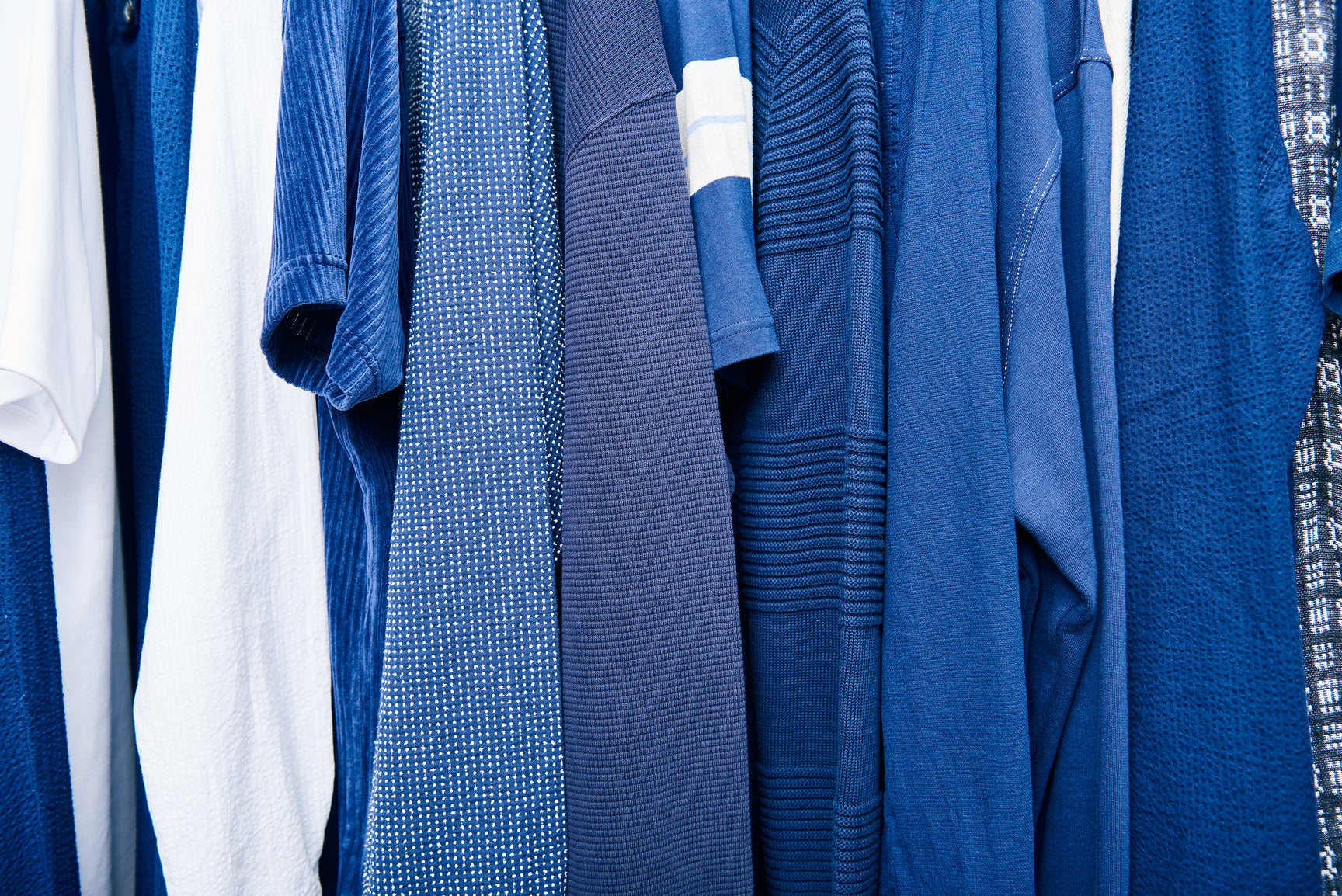A shining star in the realm of sustainable fabrics, Tencel (also known as Lyocell) is derived from wood pulp, primarily from eucalyptus, spruce, and beech trees. Produced in a closed-loop process, it ensures nearly all solvents and water are recycled. Tencel offers a silk-like feel, moisture-wicking properties, and a minimal environmental footprint.

